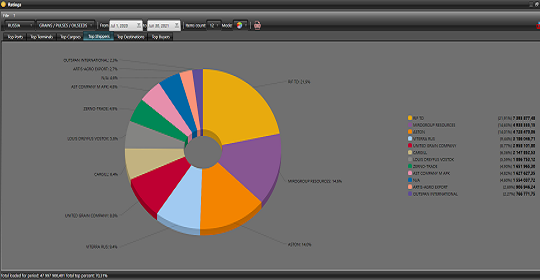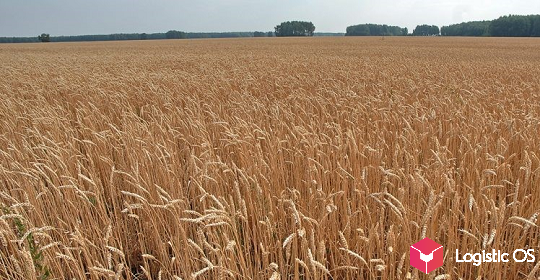The Ministry of Agriculture has distributed previously established quotas for the import of seeds into the Russian Federation. The largest shares were received by 3 companies: Syngenta, KVS and Zolotoy Pochatok.
At the same time, Syngenta and KVS are large foreign companies operating in the Russian market.
The order of the Ministry of Agriculture establishing the shares of seed imports for different companies was published the other day.
As for restrictions on the import of foreign seeds into Russia, these restrictions were adopted on January 27, and began to take effect on February 12, their validity period is until the end of this year.
In total, the Ministry of Agriculture gave permission to import 33.1 thousand tons of imported seeds into the territory of the Russian Federation.
This value was carefully thought out as a result of an analysis of the needs of Russian farmers, as well as the volumes of imports and exports that exist today.
In particular, quotas were distributed for the import of sunflower seeds, corn, rapeseed, sugar beets, as well as potatoes and barley into the Russian Federation.
Why is it necessary to introduce quotas?
The main objective of such a measure is to maintain full food security in Russia.
This goal was enshrined in the Food Security Doctrine, which sets the minimum level of Russia’s self-sufficiency in seeds at 75%.
However, this is an ambitious task that is planned to be solved in stages.
At the first stage, the emphasis is on reducing the volume of seed supplies from companies from unfriendly countries, since this creates risks: a sudden refusal of such companies to cooperate could result in a shortage of seed material.
This is where the quota should play a role.
“This mechanism will make it possible to flexibly regulate the volume of foreign seeds on the domestic market, creating more favorable conditions for Russian producers, but at the same time preventing shortages and rising prices for seed material.
The volume of imported seeds is planned to be gradually reduced in the future as domestic production increases,” the Ministry of Agriculture notes.
In parallel, it is planned to carry out active work to support domestic breeders.
Now breeding and seed production are considered promising areas for state support, notes First Deputy Minister of Agriculture Oksana Lut.
To stimulate the development of these industries, the department has recently been actively establishing connections between the scientific community and business.
The goal is for scientists to receive specific requests from farmers regarding what characteristics they need in seeds to enable their creation. This will allow Russia to achieve the goals stated in the Doctrine in the near future.

